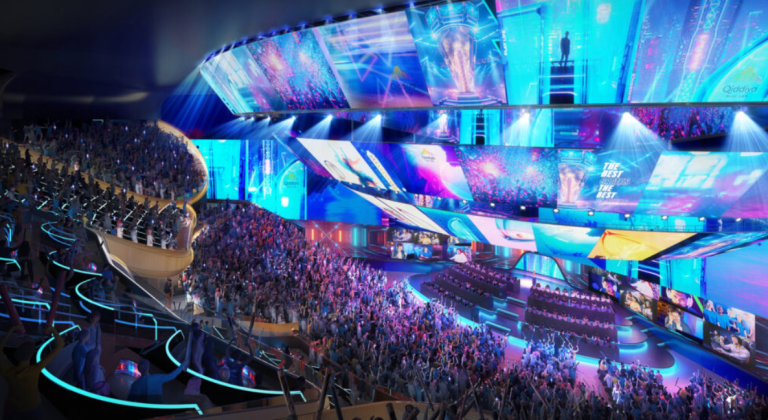
In the world of esports, top players don’t just rely on lightning-fast reflexes and sharp skills to win—they depend heavily on strong mental resilience to navigate the ever-shifting battlefield and relentless pressure. Every decision and move in a match can change the outcome, and that pressure often feels like an invisible weight on their shoulders. So how do pro gamers keep their cool and stay focused when the heat is on?
Take Jake, a well-known North American League of Legends pro, for example. During a global championship where his team faced match point, his heart was pounding like never before. Yet, instead of cracking under pressure, he took a deep breath, tuned out the noise around him, and focused solely on the game. Thanks to years of training and mental conditioning, Jake led his team to a stunning comeback victory. As he puts it, “It’s not about running away from pressure—it’s about making peace with it.”
Pressure itself isn’t inherently bad; it’s all about how you perceive and respond to it. Research in psychology shows that a moderate level of pressure can actually boost performance by activating our full potential. Pro players know this well—they’ve learned to treat pressure as a motivating force, not a burden. Many of them calm their nerves before matches through meditation, music, or breathing exercises. Emily, a famous European FPS player, shared her go-to method: whenever anxiety creeps in, she spends five minutes meditating to “reset” her mind and clear distractions, helping her regain sharp focus.
Team support and communication also play a crucial role in managing mental stress. Esports is more than just an individual sport—it’s a team effort. When teammates understand and support each other, it significantly lightens the psychological load. Tom, a US-based esports psychologist, often says, “We don’t just train skills; we focus on mindset. Through regular counseling, we build trust so players know they’re supported no matter the outcome.” This environment empowers players to face challenges head-on and not fear failure.
Another common strategy is breaking down big goals into small, manageable tasks instead of obsessing over the final win. Many pros focus on “what to do in this round” or “how to execute this play,” which helps reduce anxiety by dividing pressure into bite-sized pieces. Sarah, a UK-based female esports athlete, admits, “Once I started concentrating only on the immediate task, the game felt way less stressful, and my mindset stayed steady. Winning or losing became just a result, not the source of pressure.”
Of course, high-pressure esports life also comes with external stressors like public opinion, fan expectations, and even online trolls. Experienced players learn to protect their mental health by limiting social media exposure or seeking professional counseling. Mark, a top North American esports star, once confessed, “There was a time I felt overwhelmed by negative comments online, but through therapy, I learned to filter out the noise and focus on my growth and team.”
Ultimately, mental conditioning in esports isn’t a one-time fix—it’s a continuous journey of self-awareness and practice. It involves recognizing pressure, facing it head-on, harnessing it effectively, and mastering relaxation techniques. The best players treat mental training as seriously as physical practice, maintaining a positive mindset and healthy habits both on and off the stage.
For fans and aspiring players alike, this is key to understand: esports isn’t just a battle of skills—it’s a battle of minds. And under the bright lights and roaring crowds, those who master their mental game are the true champions.
![]()


